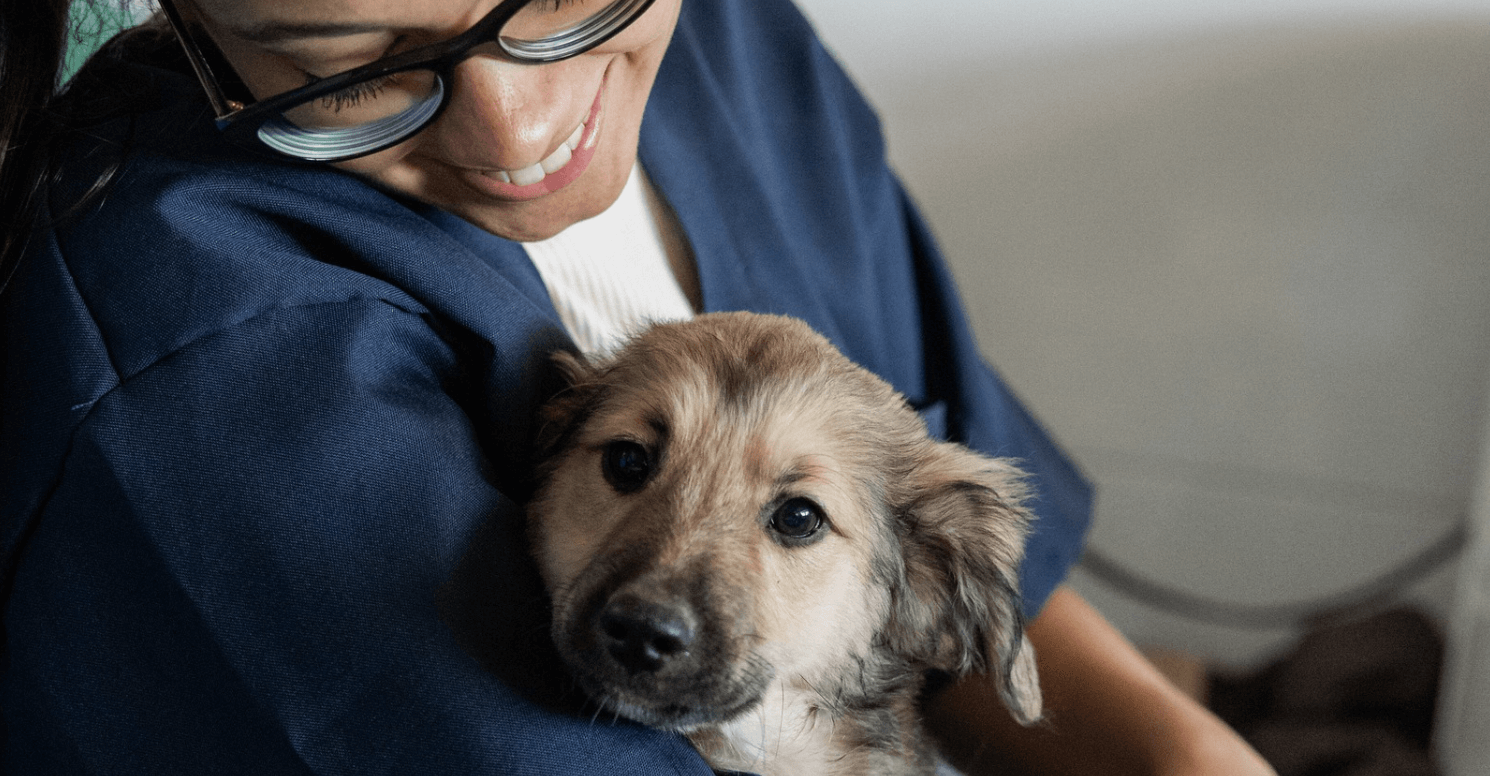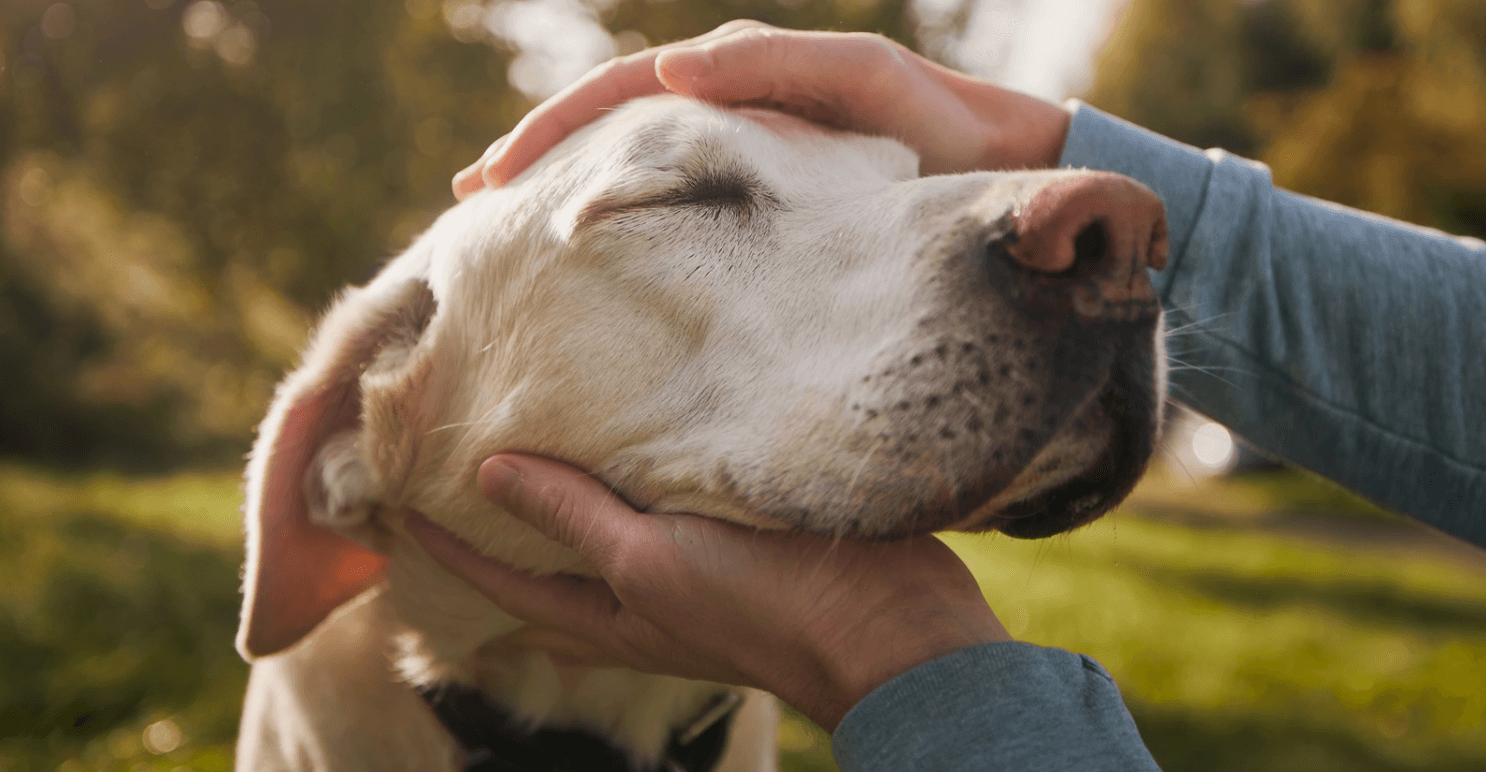Sorry about that! It looks like we’ve run out of stock for that product. Sign in below and we’ll send you an update when it’s back in stock.
20% DISCOUNT on your first order! Use the discount code "IMNEW20" at checkout!
Pancreatitis is a condition characterised by the inflammation of the pancreas, a vital organ responsible for producing enzymes that aid in digestion and hormones like insulin and glucagon that regulate blood sugar levels. When the pancreas becomes inflamed, it can cause severe discomfort and potentially life-threatening complications in dogs.
Recognising the Symptoms
Early detection of pancreatitis can make a significant difference in the outcome for your dog. Common symptoms to watch out for include:
If your dog exhibits any of these signs, it’s essential to seek veterinary care immediately.
Common Causes of Pancreatitis in Dogs
Pancreatitis can develop for various reasons, and understanding these causes can help in prevention. Here are some of the most common triggers:

Diet plays a vital role in raw feeding and managing pancreatitis in dogs. Feeding a raw diet, closely aligned with their natural dietary needs, can reduce the risk of pancreatitis compared to processed kibble, which often contains fillers and fats that burden the digestive system.
For recovery, begin with a bland diet like bone broth, served in small, frequent portions to soothe the pancreas. Transition to low-fat raw options such as chicken, turkey, or lean beef. Avoid high-fat proteins, like pork or lamb, to maintain digestive health and prevent flare-ups.

In addition to a healthy diet, certain supplements can support pancreatic health and reduce the risk of pancreatitis:
Regular exercise, maintaining a healthy weight, and ensuring your dog has ample rest are also crucial in preventing pancreatitis.
Safe Treats for Dogs Prone to Pancreatitis
If your dog has a history of pancreatitis or is prone to the condition, choosing the right treats is essential. Opt for natural, low-fat options like:
These treats provide enjoyment without putting undue stress on your dog’s pancreas.
Additional Risk Factors
Apart from diet and trauma, other risk factors that can contribute to pancreatitis include underlying health conditions like hypothyroidism, diabetes, and certain cancers. Exposure to toxins and adverse reactions to some medications can also play a role. Since the causes of pancreatitis can sometimes be elusive, it’s important to monitor your dog closely for any changes in behaviour, appetite, or energy levels.
Pancreatitis in dogs is a serious condition that requires prompt attention and ongoing care. By understanding the risk factors and making informed choices about your dog’s diet and lifestyle, you can significantly reduce the likelihood of your dog developing pancreatitis. Raw dog food, coupled with appropriate supplements and regular vet check-ups, can help keep your dog healthy and happy. If you suspect your dog is showing signs of pancreatitis, do not hesitate to contact your vet for advice and treatment.
Linked Articles: